 Last August, I made a huge change in my life - I decided to forego a stable, mature relationship and go long-distance. No, not my husband . . . Spatial. My family and I moved to Ireland and I began working for Spatial remotely. At first it was really hard. I missed our time together (all those meetings in the board room, sigh), sharing common experiences (no more bathroom chat, sniff), and all the little things you take for granted until they're gone (bagel Fridays, never running out of milk for your (decaf) coffee, a printer). What made it even harder was the magnitude of the distance - I had moved to a country far away from everyone (only 1 Spatial customer), 7 hours away from headquarters, and not a single decent cup of decaf to be found in the whole country. On top of that, I'd taken on a new role as a Technical Account Manager. I'd never worked directly with customers before, I hadn't done development in quite some time, and now I was responsible for ensuring their success . . . from Ireland! The first week of working in my new 'office' (a cheap IKEA desk in the corner of the living room), I was asking myself, "What have I done?"
Last August, I made a huge change in my life - I decided to forego a stable, mature relationship and go long-distance. No, not my husband . . . Spatial. My family and I moved to Ireland and I began working for Spatial remotely. At first it was really hard. I missed our time together (all those meetings in the board room, sigh), sharing common experiences (no more bathroom chat, sniff), and all the little things you take for granted until they're gone (bagel Fridays, never running out of milk for your (decaf) coffee, a printer). What made it even harder was the magnitude of the distance - I had moved to a country far away from everyone (only 1 Spatial customer), 7 hours away from headquarters, and not a single decent cup of decaf to be found in the whole country. On top of that, I'd taken on a new role as a Technical Account Manager. I'd never worked directly with customers before, I hadn't done development in quite some time, and now I was responsible for ensuring their success . . . from Ireland! The first week of working in my new 'office' (a cheap IKEA desk in the corner of the living room), I was asking myself, "What have I done?"
Joking aside, the change has been extremely interesting and probably not dissimilar to what our customers experience every day. We sell technically advanced products with somewhat of a learning curve and for the majority of my workday, I'm on my own if I get stuck.
A few things I've learned to do:
- Leverage every resource available - our docs, our samples, always keeping the latest packages, free viewers, wikipedia, our internal wiki, you name it.
- Be prompt - When I was in development, I would often focus intently on one project and let other emails and requests slide. This allowed me to concentrate, and somehow I could always get caught up afterwards. I can't do that anymore because I know that I only have a short window of time to interact with people (whether customers or developers), which could cause big delays. I now think of myself as the person that keeps everything moving, and I try to do whatever communication I can to ensure that even if questions aren't answered, at least the other party is still able to proceed with their work. Heck I have organized my Inbox for the first time in 10 years.
- Do my homework - On the flip side of replying to every email, I also try to make sure that when I do have time to look at a problem, I take it as far as I possibly can. Did I look at that file in Catia? Did I open it with the latest version of Interop? Have I tried an old one too? Have I looked at it in both ACIS and CGM? Should I look up affine transforms before I write to somebody to ask how to scale them? Is that file really corrupt? Maybe I'd better download it again to check.
- Ask the dumb question - When I've gotten as far as I can, I have to get on the phone and in blunt terms, explain to somebody that no, I really don't know how to scale a transform from mm to inches and what does affine mean, anyway? I don't have much time for communication, so the more direct I can be about my shortcomings, the better the likelihood that I'll get what I want. And often it turns out that the reason I can't find the answer is because the problem isn't straightforward, and, similar to many challenges we get from our customers, the asking of the question gives development new information about how to improve our products.
- Make the most of contact time - skype, IM, phone calls. If I'm on the computer late at night doing something personal, taking 5 minutes to talk to somebody can possibly eliminate 1 hour of working solo the next day (and I can go to yoga!)
Its funny how getting further away from Spatial has actually brought me closer to the customers and prospects I work with. These may be things that they've already learned to do. I'd encourage any of you out there to definitely keep doing more of the same: use all of Spatial's resources to go as far as you can, don't hesitate to call, or email, ask your TAM lots of questions, even ones that seem dumb, and above all, go to yoga.

